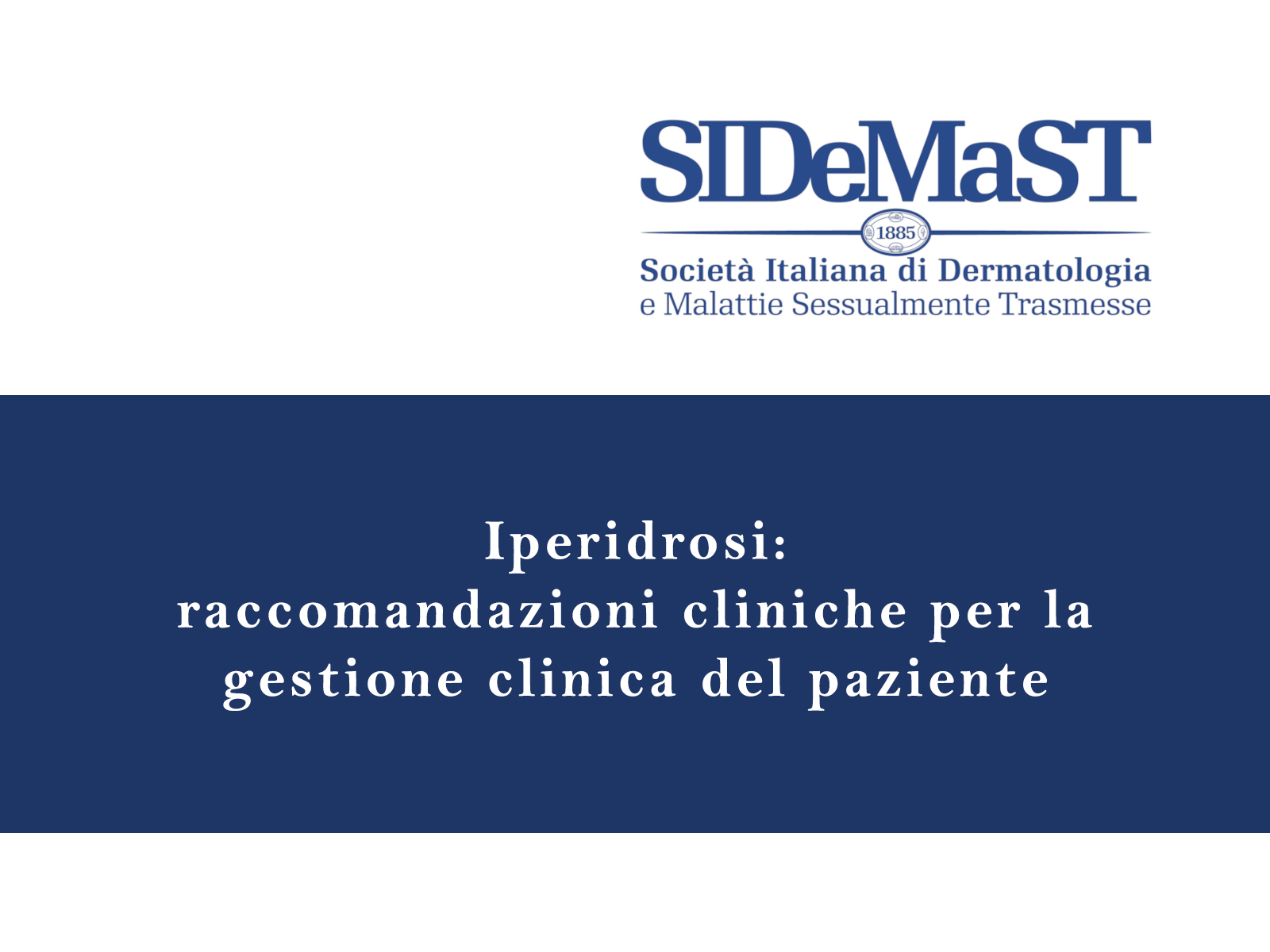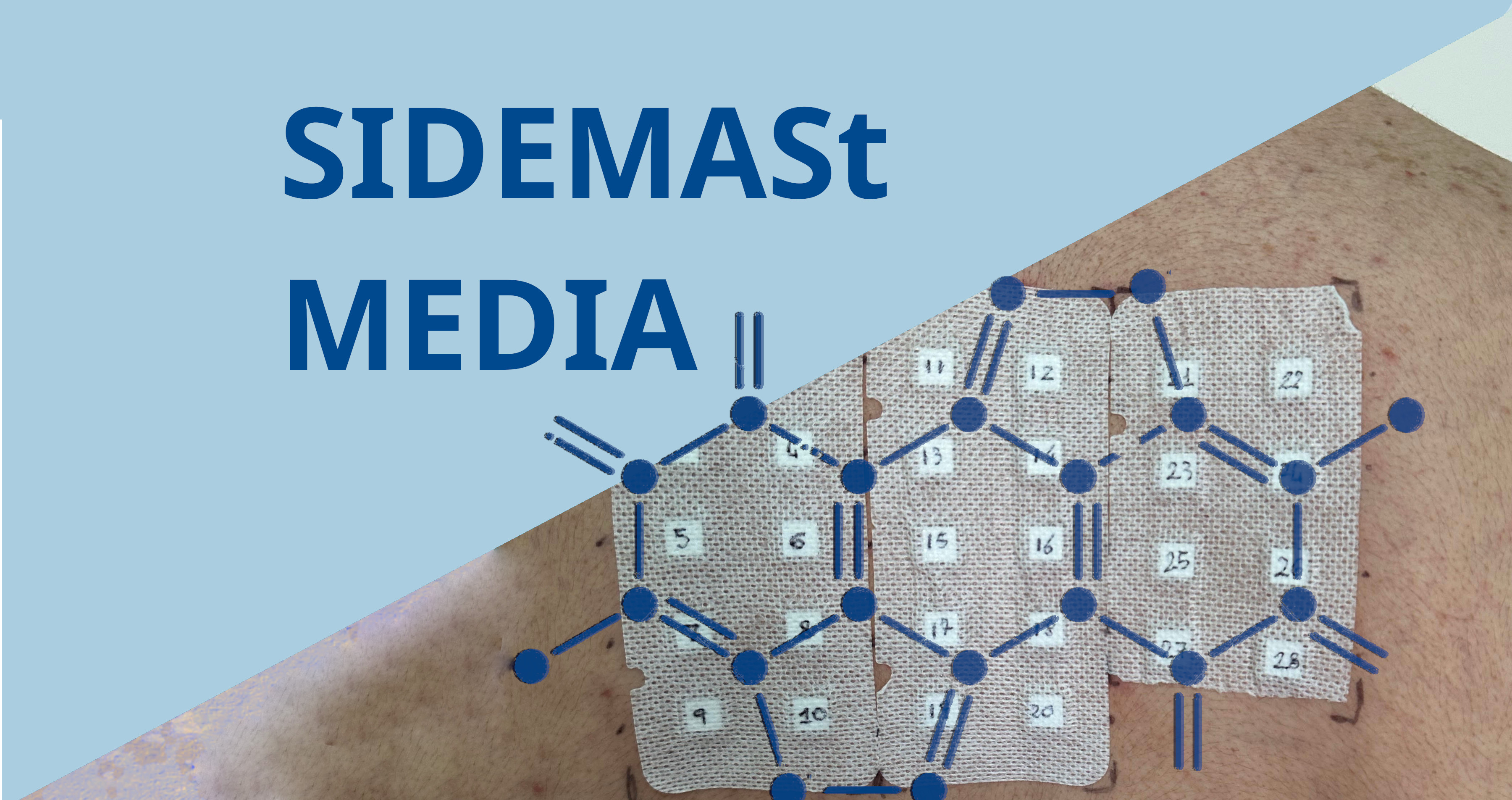Physicians who treat severe acne leave too many patients on ineffective antibiotics for far too long before prescribing more potent needed therapy with the medication isotretinoin, according to a study published in the Journal of the American Academy of Dermatology.
"Our study suggests that physicians need to recognise within weeks, not months, when patients are failing to respond to antibiotic therapy in cases of severe acne," said senior investigator Seth Orlow, MD, Department of Dermatology, New York University (NYU) Langone Medical Center, New York, New York.
The research team's analysis involved a detailed review of 137 medical histories of patients, all aged older than 12 years and treated at NYU Langone for severe cases of the skin condition between 2005 and 2014.
Dr. Orlow said the study is the first to focus specifically on the history of antibiotic overuse in severe cases of acne, which were all eventually treated with isotretinoin.
The case reviews, culled from more than 5,000 files of those who sought treatment for mild to severe acne at NYU Langone in the past decade, showed that on average, those with severe acne were kept on initial antibiotic therapy for 11 months before their physicians recognised that the drugs were not working, and before switching patients to isotretinoin therapy. Beyond the fact that the antibiotics were not working, the overuse adds to the perils of antibiotic resistance, the researchers noted.
The researchers also found that among the 137 patients with severe acne who eventually received isotretinoin, there was a lag of nearly 6 months on average from the time it was first mentioned by their physician until patients began taking it. Although there were multiple causes for the delays, some were due to the tight controls placed on the drug because of the increased risk it poses for birth defects, and concerns about depression and other potentially serious side effects.
According to Dr. Orlow, antibiotic therapy can be very effective for inflammatory types of acne, and switching to different antibiotics is routine practice when another antibiotic has failed to reduce symptoms. However, clinical guidelines recommend limiting such antibiotic therapy to 2 months to 3 months each, or 6 months overall, unless significant improvements are seen.
"Physicians and patients have become far too complacent about antibiotic overuse and its subsequent danger of increasing microbial drug resistance," said Dr. Orlow.
The problem, he noted, is compounded by disruptions in patient care from patients changing physicians or health plans. Dr. Orlow says a lot of time is wasted while continuing antibiotic therapy during these intervals when treatment failure is visibly evident.
"Acne remains the number one reason for young people to visit a dermatologist, and there are no other medications as effective as isotretinoin for treating severe cases of the skin condition," said Arielle Nagler, MD, NYU Langone. "We need to find a better balance between trying antibiotics that may work and getting isotretinoin quickly to patients for whom antibiotics are not working."
"Physicians also need to start talking to their acne patients earlier about possible isotretinoin therapy, so when and if they do need to switch to it, patients are more receptive to the drug and any concerns about side effects have already begun to be addressed," she added.










